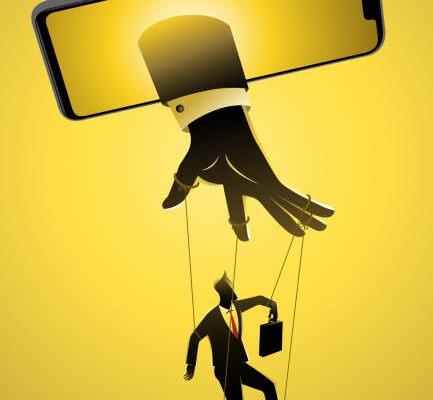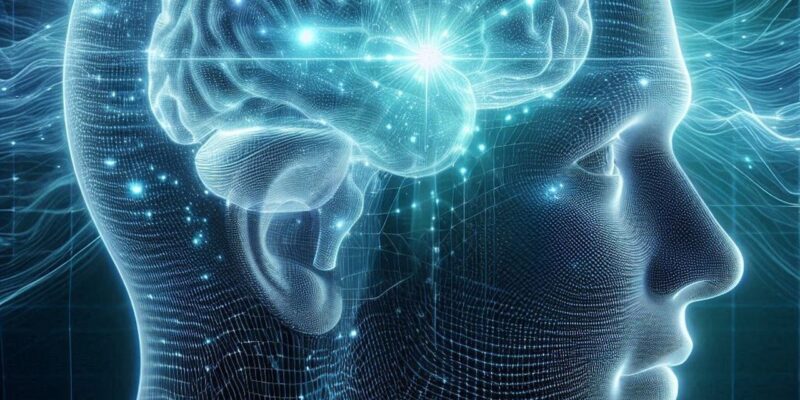
Social Media Use and Its Impact on Mental Health.
The human brain’s natural reward system is finely tuned to respond to meaningful achievements and social interactions. When individuals receive genuine praise or accomplish tasks, dopamine is released, reinforcing those behaviors. However, social media dependence disrupts this natural balance, as it provides artificial stimuli that mimic rewards without genuine accomplishment. The constant influx of notifications and superficial interactions can lead to a distorted sense of self-worth, as users equate online engagement with validation. Over time, this dependency alters the brain’s reward circuitry, making it increasingly difficult to derive satisfaction from real-world experiences. The disparity between online validation and offline fulfillment can lead to feelings of emptiness and dissatisfaction, further driving individuals to seek more digital engagement. Ultimately, this cycle can result in diminished mental health and a disconnection from authentic human experiences.

Obsessive compulsive disorder: treatment and recovery
Obsessive-Compulsive Disorder (OCD) is a mental health condition characterized by intrusive thoughts (obsessions) and repetitive behaviors (compulsions). These thoughts and actions can significantly disrupt daily life and cause immense distress.

Understanding Dissociative Identity Disorder
Dissociative Identity Disorder (DID) is defined by the presence of two or more distinct personality states or identities, each with unique characteristics and patterns of thinking. These shifts in identity often lead to memory gaps, changes in behavior, and disruptions in the sense of self. Such transitions are involuntary and may cause significant distress, impacting daily functioning.

Understanding Anxiety Disorder: Phobia
It is important to remember that understanding anxiety disorder phobia is the first step toward regaining control over one’s life. Seeking professional help and utilizing appropriate treatments can empower individuals to overcome their fears and live a more enriched life.
L@A
